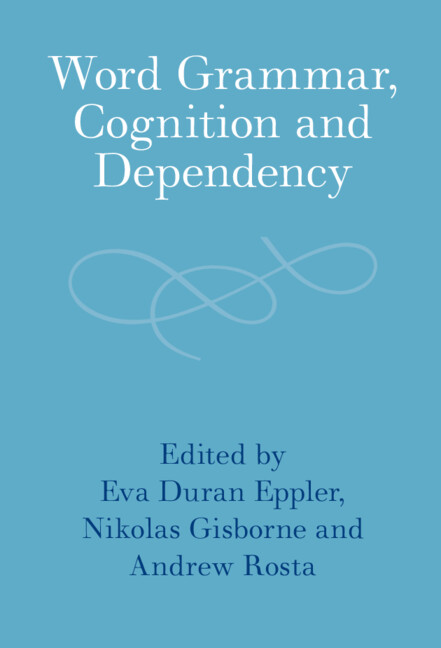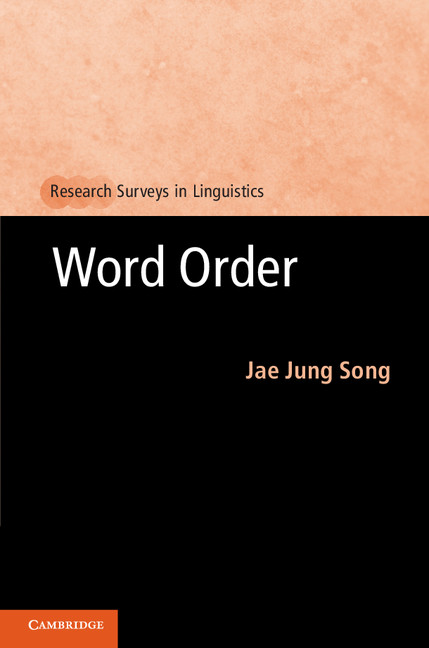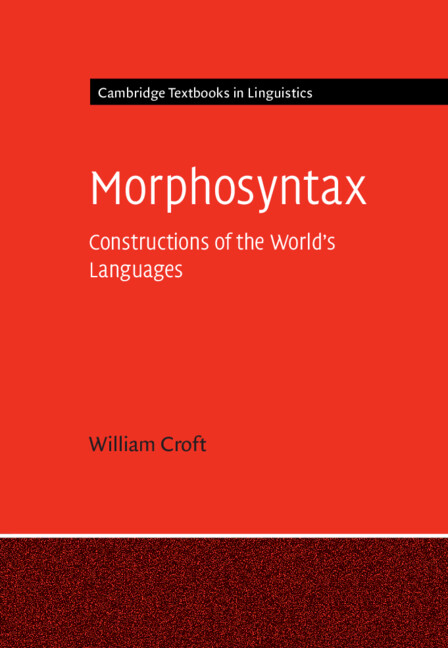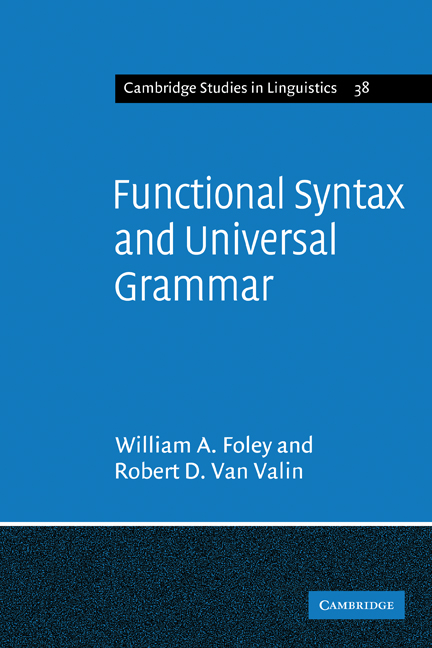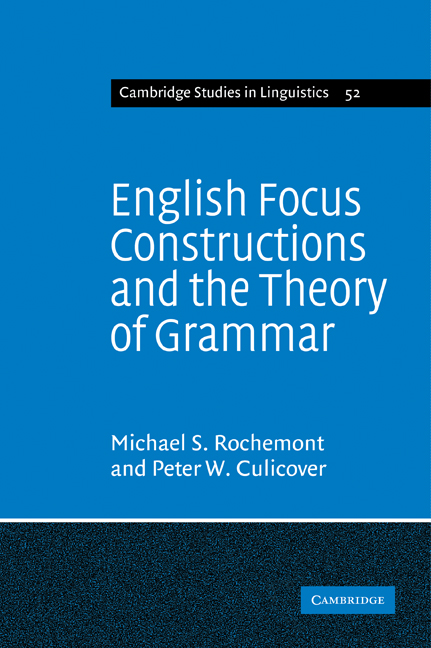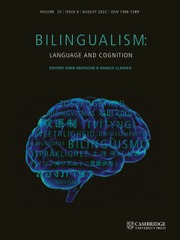Word Grammar, Cognition and Dependency
Established in the early 1980s, Word Grammar is the first theory of grammar that was cast in the terms of cognitive linguistics. This book surveys the groundbreaking contribution of WG to a number of disciplines both within and outside of linguistics. It illustrates the benefits of thinking beyond traditional phrase-structural notions of syntax, and beyond encapsulated theories of cognition, by exploring how key problems in theoretical linguistics and historical linguistics can be approached from alternative perspectives. It provides examples of how theoretical linguistic notions and constructs of WG can be applied to bilingual language use, as well as a variety of typologically different languages including English, Chinese, German and Swedish. It also explores the relationship between language and social cognition and dependency distance as a universal measure of syntactic complexity. It is essential reading for linguists seeking creative ideas on how to advance explanations of language, language variation and change.
- Demonstrates that Word Grammar (WG) can be applied to different levels of language and to a variety of typologically different languages
- Illustrates how the non-mainstream theoretical linguistic notions and constructs of WG can explain language change
- Suggests avenues for further research in theoretical and applied linguistics
Reviews & endorsements
‘This book, celebrating Dick Hudson’s 80th birthday a few years ago, presents eleven interesting papers in Hudson’s cognitively motivated Word Grammar framework. Several advantages of Hudson’s simple framework are made clear by these interesting papers, including its cognitive basis and its ease of representing many complex phenomena across languages.’ Edward Gibson, Professor of Cognitive Science, Department of Brain and Cognitive Sciences, MIT
‘The authors of this book throw new light on a well-established theory of Word Grammar as proposed by Richard Hudson, comparing it both to more recent trends, and to the theory of dependency grammar. In this sense, this volume offers not only a wider perspective on the theory of Word Grammar with regard to the language phenomena belonging to different language layers, but presents an original contribution to the study of language.’ Eva Hajičová, Professor, Charles University, Prague
Product details
December 2024Adobe eBook Reader
9781009037341
0 pages
This ISBN is for an eBook version which is distributed on our behalf by a third party.
Table of Contents
- Introduction Nikolas Gisborne, Eva Duran Eppler and And Rosta
- 1. Word Grammar in its intellectual contexts Nikolas Gisborne and Stefan Müller
- 2. Raising in phonology And Rosta
- 3. Grammar change in the network Nikolas Gisborne
- 4. Word formation change in Word Grammar: two case studies Graeme Trousdale
- 5. The metaphorical bases of constituency and dependency András Imrényi
- 6. From social psychology to cognitive sociolinguistics: the self-serving bias and interplay with gender and modesty in language use Willem B. Hollmann
- 7. Hudson on heads: about distributional criteria Sylvain Kahane
- 8. Ordinary French Houses: Revisiting the Dependency vs. Phrase Structure Debate Timothy Osborne
- 9. Dependency grammar and subordination Jackie Nordström
- 10. Verb phrases as attributive nominal modifiers Bas Aarts
- 11. Testing the predictions of word grammar, the minimalist programme and the matrix language frame model for German/English mixed determiner–noun constructions Eva Duran Eppler, Adrian Luescher and Margaret Deuchar
- 12. Factors Influencing Dependency Distance: An Account of the MDD Variation between Chinese and English Ruochen Niu and Haitao Liu.

